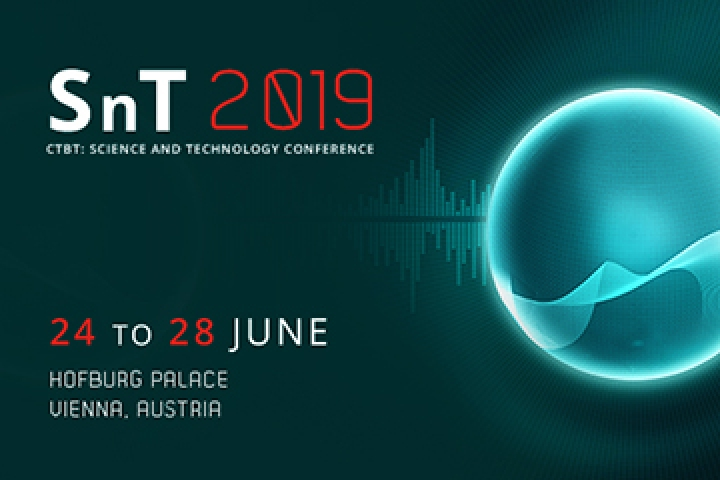Speaker
Description
The dam break of the Fundão dam on November 5th 2015, in the municipality of Mariana, Minas Gerais State, produced the worst environmental disaster ever observed in Brazil. A huge mud flow destroyed a nearby town, causing 19 deaths and leaving a trail of destruction as it advanced along the Doce River up to the ocean for 680 km. This flood of slurry resulted in a lack of potable water and challenging environmental impacts. Moreover, one hour before the dam break, four small events with M2.5 occurred approximately 1 km from the dam. This occurrence renewed Brazilâs interest in reservoir-triggered seismicity. Since then, inspections have been intensified on mining companies that have tailings dam, especially regarding the follow-up of technical safety standards and handling of toxic material. The surveillance process has become increasingly important in particular during the monitoring of detonations in the quarries since they can trigger fractures and / or weak zones and increase the failure rate of the dams. The explosions in mines produce seismic and infrasonic signals and this work aims to verify the synergy between the seismic and infrasonic technologies using data of the Brazilian IMS stations PS07 and IS09.

